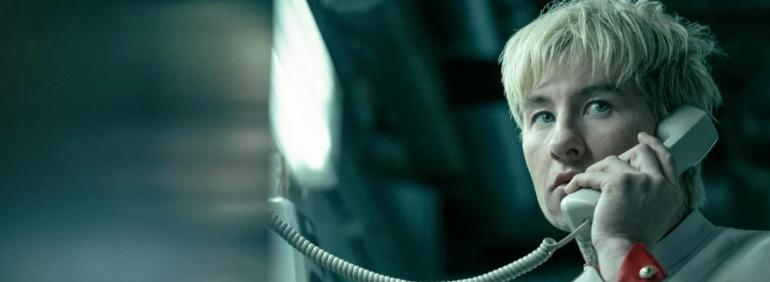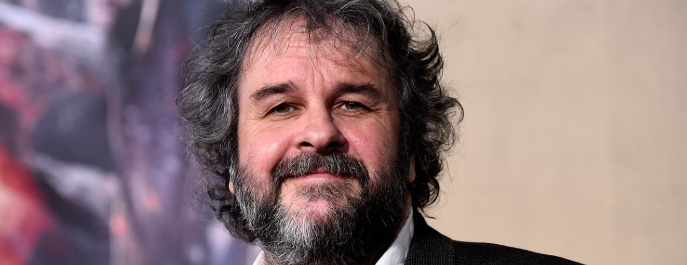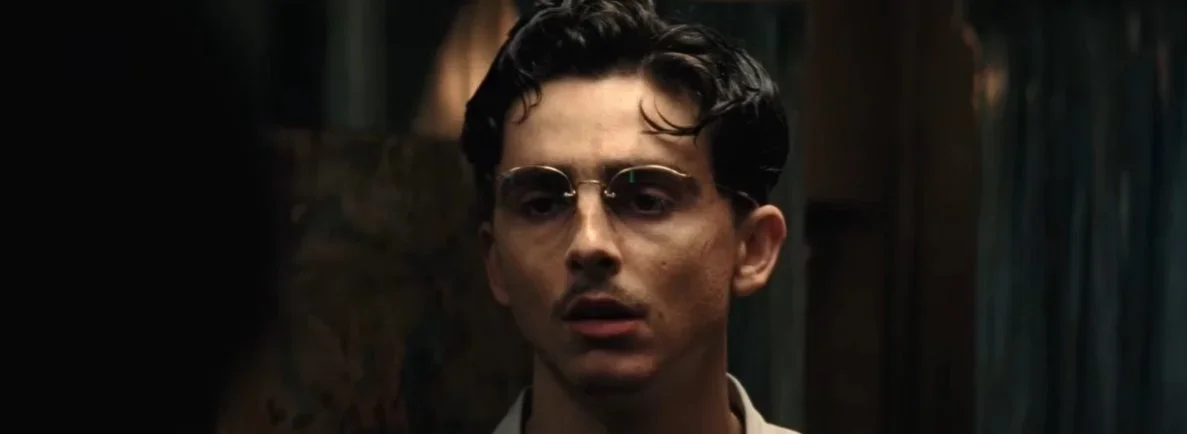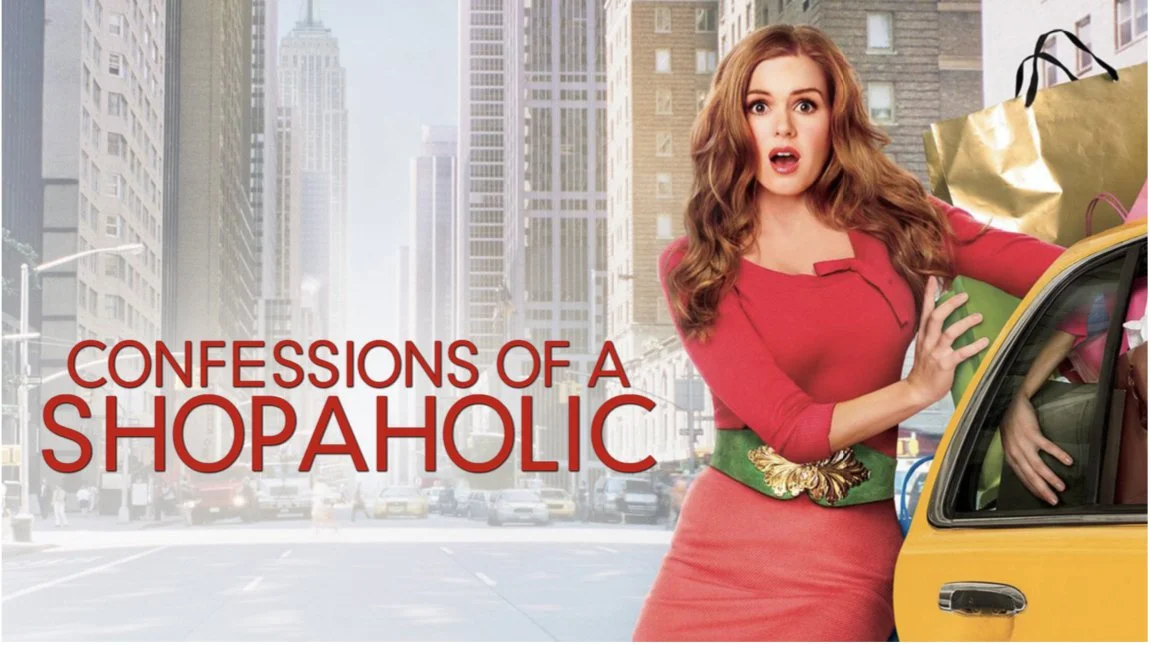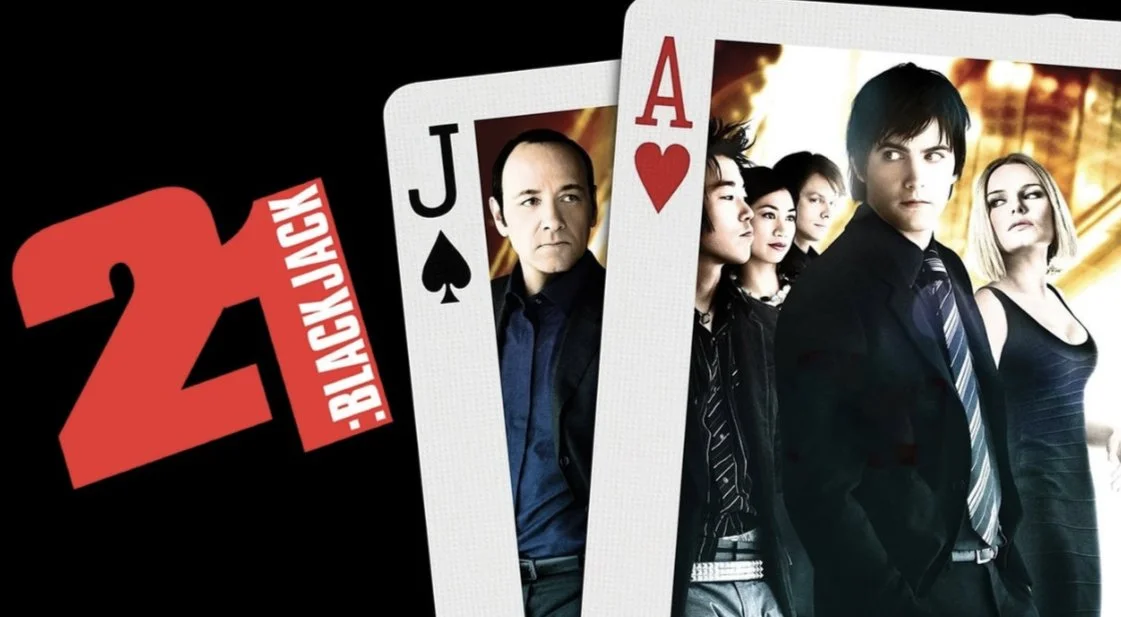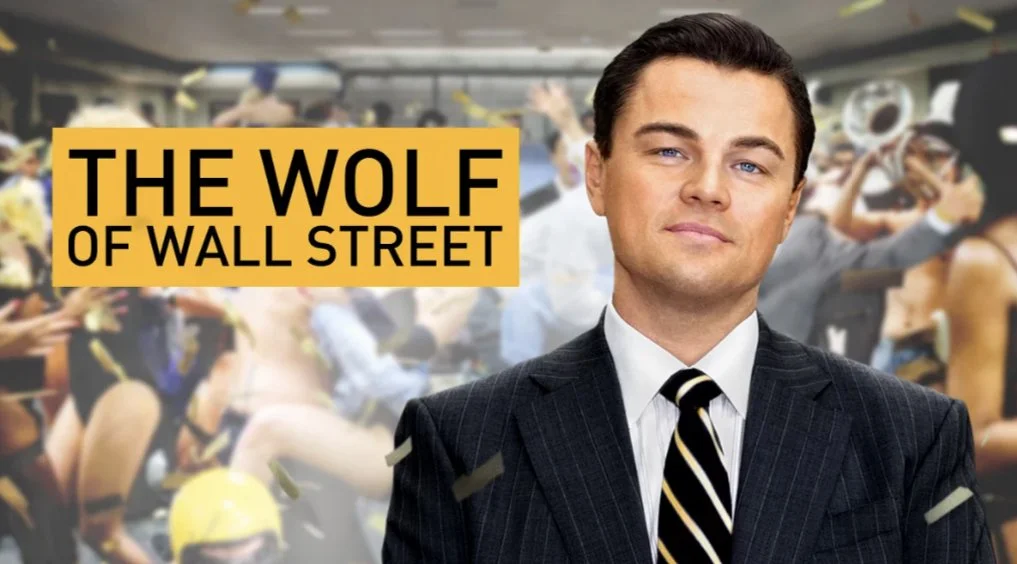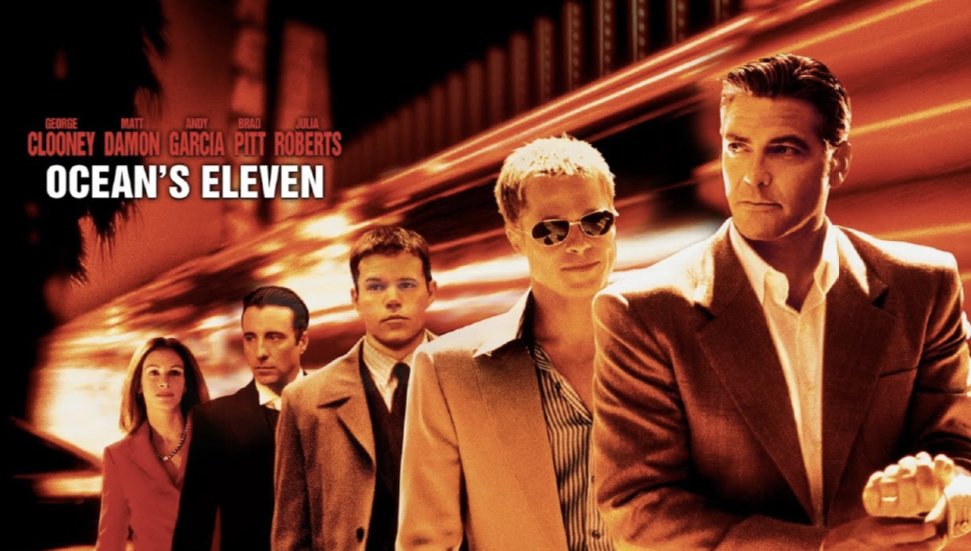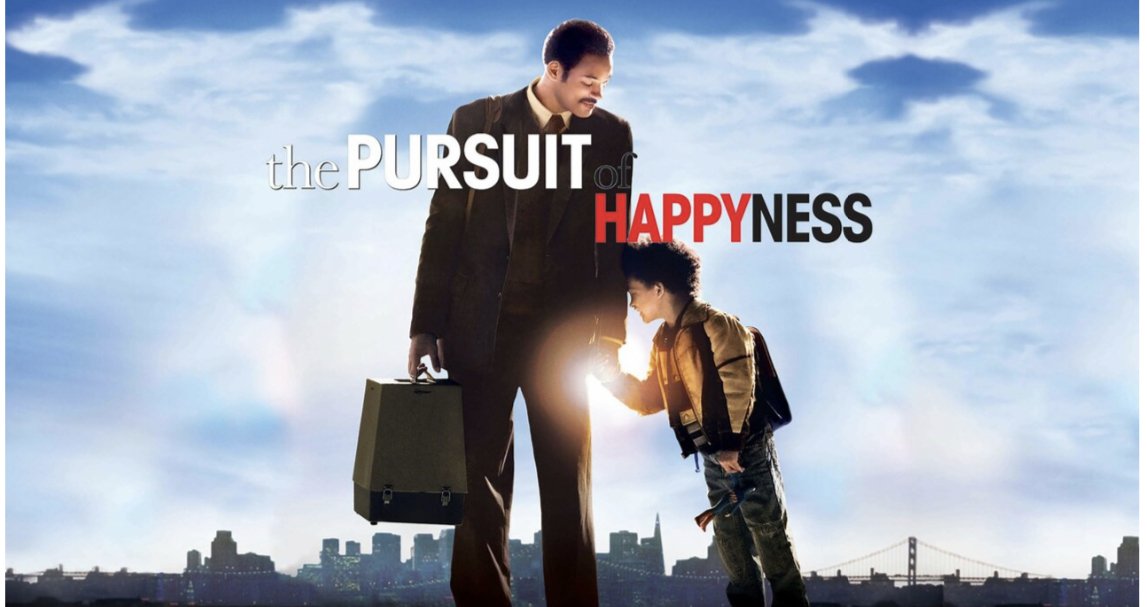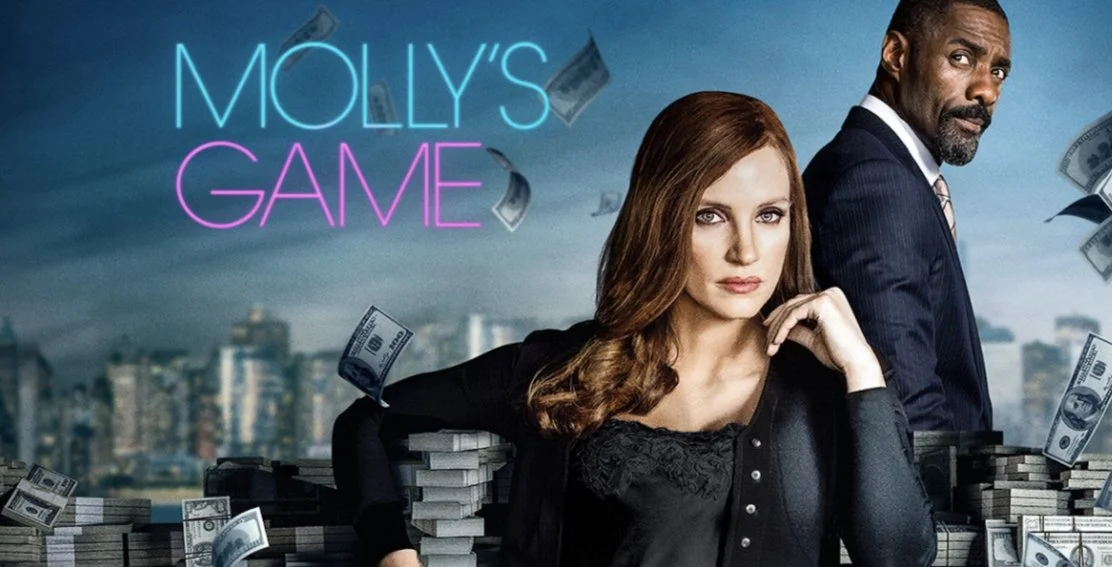With America having a truly capitalistic culture, it’s not a surprise that the Hollywood movie industry releases so many films that revolve around money. However, America is also a profoundly religious country. So, scriptwriters have their work cut out as they try to square the circle of theft, greed, fraud, and gambling with a hero’s journey of turning into an improved person. Experts at Leaflet Casino, who review top casinos online, handpicked stories based on real events and connected to moneymaking (or spending). They sometimes involve unsavoury characters performing unethical practices. However, because the audience yearns for a happy ending, don’t expect any negative consequences for our protagonists.
Confessions of a Shopaholic (2009)
Based on the Secret Dreamworld of a Shopaholic by Sophie Kinsella, the movie is a light comedy about addiction. Becky Bloomwood is an attractive young woman who appears to have it all. However, hiding under the surface is a shopping addict who just can’t say no to Prada and Marc Jacobs. Having been raised a spoiled brat who gets everything, this leads to a lifestyle of irresponsibility coupled with compulsive buying behaviour.
Of all the films on this list, this one comes closest to dealing with the real-life consequences that money can bring, especially to someone who’s completely irresponsible. That Becky can freely purchase using one credit card, then switch to another when the bill is due highlights a real problem in Western society. The flick’s central messages of not defining yourself by material things and that money can't buy happiness are certainly worthy and represent a well-needed critique of consumerism.
21 (2008)
Kevin Spacey plays Bill Kaplan, a Harvard Business School graduate who formed the infamous MIT blackjack team in the early 1990s. However, the Robert Luketic movie is a highly fictionalized and engaging account of their real money exploits and schemes starting at the casinos of Atlantic City. The experience of counting cards at real money casino websites is nothing like what’s proposed in the film. Some scenes about playing for real money using card counting are so unrealistic that it makes your head hurt.
It’s worth remembering that, in reality, the squad would play casino games and sometimes go for weeks with not a single dollar won. At the end of the day, the average annual salary for a college student MIT member was about $25,000, only a tad more than the median family income of $24,580. You'll find the movie is a lightweight and cautionary tale of risk and reward, with an easy-going cast acting towards a predictable ending. Greed and deception, plus a promise of big paydays with real money games, are enough to keep viewers engaged and satisfied.
The Wolf of Wall Street (2013)
Here we follow the real stockbroker and fraudster Jordan Belfort as he makes millions of dollars by fleecing the public with old-fashioned boiler room tactics. Martin Scorsese’s movie has Leonardo DiCaprio leading a crew of accomplices through a heady mix of extreme wealth, sex, and drugs, as they head toward their eventual demise at the hands of the FBI and SEC. In true American style and typical of many Wall Street movies, the millionaire Belfort is depicted as more of a cheeky chappie as opposed to an outright crook, and the audience roots for him from the get-go.
After only two years in prison, Belfort is now a motivational speaker who has upped his game and now promotes online scams. Unfortunately, his victims never received a penny. Yet Belfort made roughly $1 million for the film rights. In an example of art imitating life, it turns out the crime drama was financed with stolen funds from the Malaysian State Investment Fund.
Ocean’s Eleven (2001)
A remake of the 1960 Frank Sinatra movie of the same title, Steven Soderbergh’s film is one of the most entertaining heist movies ever. Ocean’s Eleven spawned 5 movies, yet the first is still the best. Having a stellar cast of big-name casino actors like George Clooney as Danny Ocean, Julia Roberts, Brad Pitt, and Matt Demon, this lightweight action-comedy sees the group set out to rob a vault containing the cash proceeds of three Las Vegas casinos. In spite of the criminal nature of the main characters, thanks to sympathetic writing and a cool and sophisticated style, we find ourselves rooting for the successful robbery.
Unlike other Soderbergh films, Ocean’s Eleven favours linear storytelling rather than narrative depth. It’s the same with the underdeveloped characters. Because the heist formula is followed to the tee, the plot twists and ending can be predicted with ease. However, this shouldn’t detract as it remains a rewarding story of a bunch of underdogs achieving the impossible.
The Pursuit of Happyness (2006)
Gabriele Muccino’s film, with Will Smith in the lead, embodies the American dream completely, almost to the point of propaganda. It tells the true story of Chris Gardner and the strong bond towards his son (played by Jaden Smith) as he goes on an emotional ride trying to support his family. After falling into and then escaping homelessness, the film's central message is that determination, and hard work can overcome life’s many problems, including a severe financial crisis.
Following a typical Hollywood film trope, Gardner must lose everything, his wife, job, and home, in order to discover the true American grit within. In spite of a massive fall from grace, Chris maintains his ambition, motivation, and ability to take risks whilst maintaining an unbreakable resilience. Though the film’s title mentions “happyness,” the ending illustrates that it’s about the pursuit of moolah, as the central character battles against poverty and financial instability only to finally land a job as a wealthy stockbroker.
Molly’s Game (2017)
Telling the true story of Molly Bloom, who oversaw the world’s most exclusive high-stakes real money poker games, Jessica Chastain stars as an Olympic skier who changes her career to become the most infamous name in underground gambling. After helping out at a nightly poker game in LA, Molly decided to open her own illegal poker room. Gamblers partook in real money gambling at games of poker. Soon she was helping to bankroll players' bets and even offering credit.
Having the chance to win real money, Molly's casino table games attracted both Wall Street money from investors and some of the biggest stars in Hollywood who like to gamble. These included Leonardo DiCaprio, Ben Affleck, Tobey Maguire, and Matt Demon. In reality, the authentic Bloom grew tired of being a woman in a man’s world and having to put up with constant aggression and demeaning behaviour. One interesting aspect of the story is that she landed a £125,000 fine and a year's probation, yet none of the players were punished.
Conclusion
The 1776 US Declaration of Independence states, “life, liberty, and the pursuit of happiness.” But in reality, the core of American culture is the pursuit of Benjamins. This is reflected in their movies which subtly act as brainwashing devices enabling and pacifying a population addicted to credit. Greenbacks are seen as a saviour and represent the end goal, no matter how they're obtained. As such, money is sacred. You’ll find hardly any films in which physical banknotes are destroyed. On the whole, the financial proceeds from a movie crime will go to a deserving underdog, who'll use it to make himself a better life rather than handing it over to the police or returning it to the victims.
Nevertheless, it’s possible to love the above motion pictures as pure entertainment without looking too deeply at their ethics and morality. With that in mind, stick some popcorn in the microwave, hit up Netflix, and enjoy a couple of hours learning about how money works in the land of movies.
